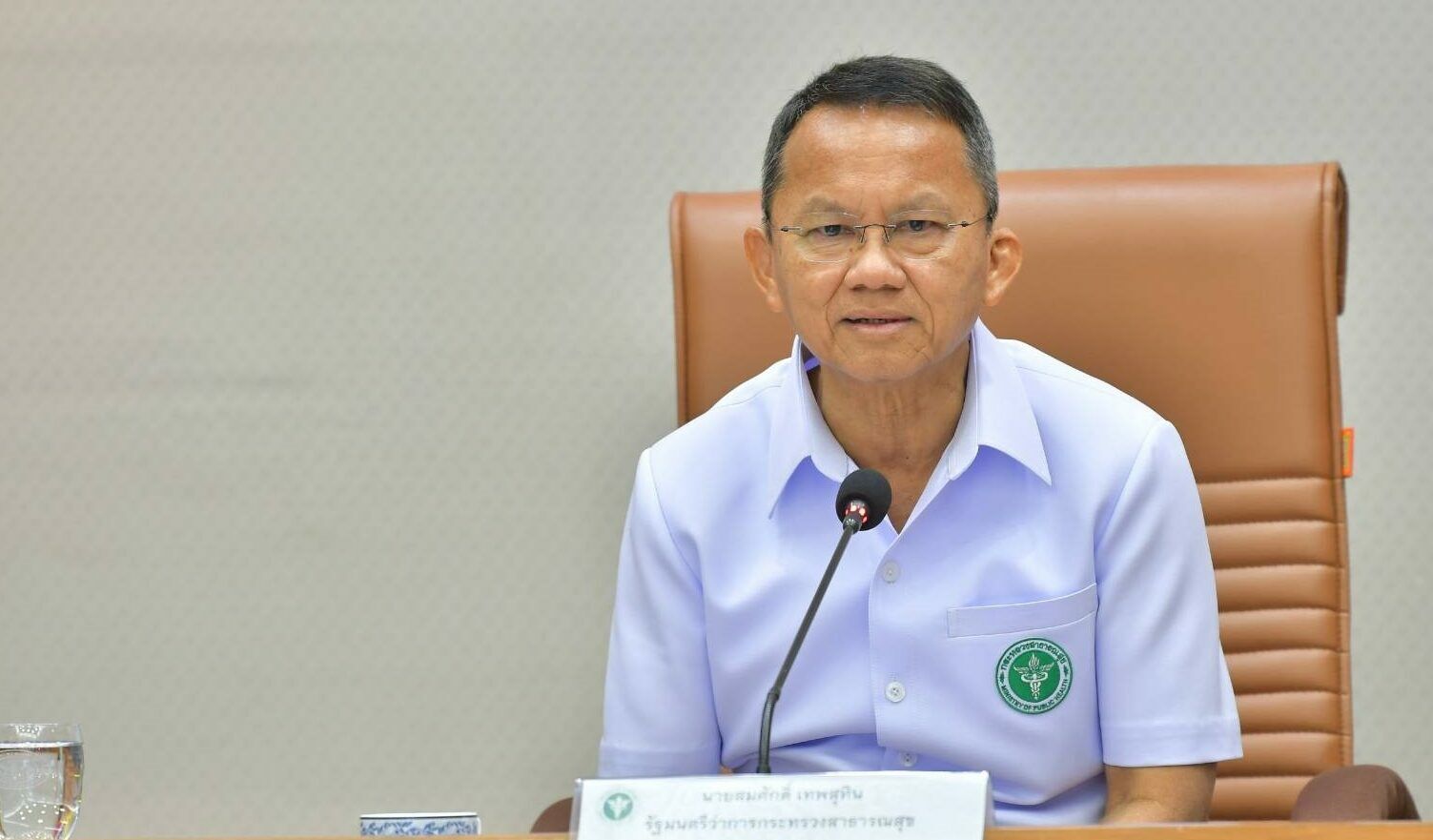Thai government expands 30-baht healthcare to 46 provinces

The Thai government expanded its 30-baht healthcare policy, allowing residents to access medical services with their ID cards across 46 provinces, including Bangkok. This initiative aims to ensure better healthcare accessibility and efficiency for all citizens.
Jadet Thammathat-Aree, Secretary-General of the National Health Security Office (NHSO), announced the implementation of this policy on Monday, June 17, in accordance with the Ministry of Public Health’s directives. This expansion, a key achievement of Prime Minister Srettha Thavisin’s administration, reflects the government’s commitment to public health, enabling free medical treatment with an ID card in 46 provinces.
Minister of Public Health Somkid Thepsuthin highlighted that the policy initially covered 45 provinces. With the inclusion of Bangkok, the coverage has now extended to more than half of the country. This expansion aligns with the ministry’s phased approach: starting with four provinces in the first phase, followed by eight in the second, and 33 in the third, and now adding Bangkok.
The first phase included provinces such as Roi Et, Phrae, Phetchaburi, and Narathiwat. Subsequent phases saw the addition of provinces like Nakhon Ratchasima, Nakhon Sawan, Phang Nga, Phetchabun, Sa Kaeo, Sing Buri, Nong Bua Lamphu, Amnat Charoen, Chiang Mai, Chiang Rai, Nan, Phayao, Lampang, Lamphun, Mae Hong Son, Kamphaeng Phet, Phichit, Chai Nat, Uthai Thani, Saraburi, Nonthaburi, Lop Buri, Ang Thong, Nakhon Nayok, Phra Nakhon Si Ayutthaya, Pathum Thani, Udon Thani, Sakon Nakhon, Nakhon Phanom, Loei, Nong Khai, Bueng Kan, Chaiyaphum, Buriram, Surin, Songkhla, Satun, Trang, Phatthalung, Pattani, Yala, and now, Bangkok.
Ministry of Public Health political spokesperson Tri Chada Sritada emphasised that despite Bangkok’s large and complex population, the ministry has implemented the policy successfully. Residents in Bangkok can now access services at community clinics across seven professions using only their ID cards, without needing a referral. These professions include community medicine, dentistry, medical technology, nursing, traditional Thai medicine, physical therapy, and pharmacy.
The 30-baht healthcare policy also covers dental services, allowing citizens to receive free dental care up to three times a year at designated clinics. Services include scaling, fillings, extractions, and the application of sealants and fluoride treatments. The clinics can be identified by their distinctive logos featuring a house and a heart symbol representing each profession.
Nationwide healthcare service
Somkid expressed his pride in the Ministry of Public Health’s swift action to benefit the public, thanking all healthcare personnel for their dedication. He reiterated that regardless of where the 30-baht healthcare rights are held, presenting an ID card allows immediate, cost-free access to services nationwide. For further information, citizens can contact the NHSO through their hotline or Line ID.
Additionally, individuals with minor ailments can receive free treatment at nearby pharmacies, identifiable by specific signage. The policy will extend to an additional 30 provinces by the end of the year, ensuring nationwide coverage without the need for referrals, reported KhaoSod.
Latest Thailand News
Follow The Thaiger on Google News:


























